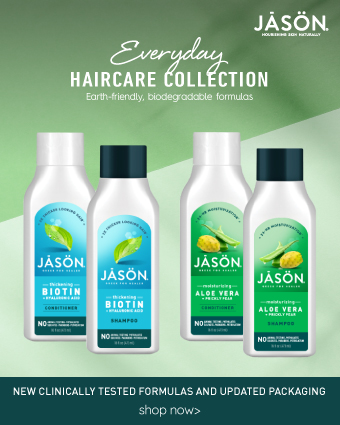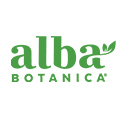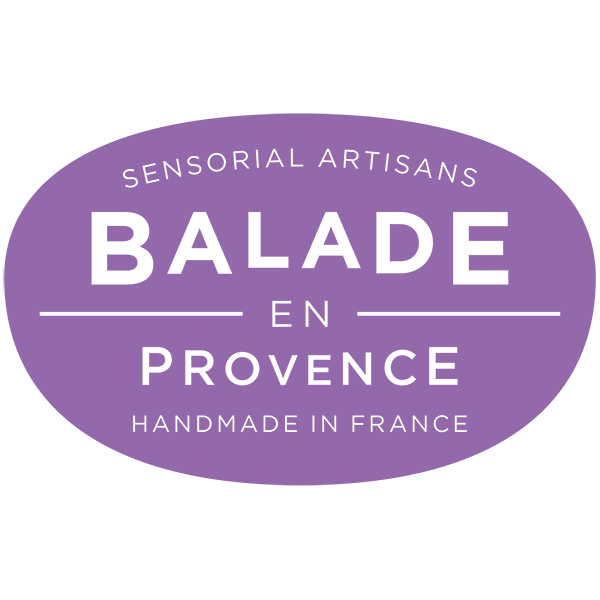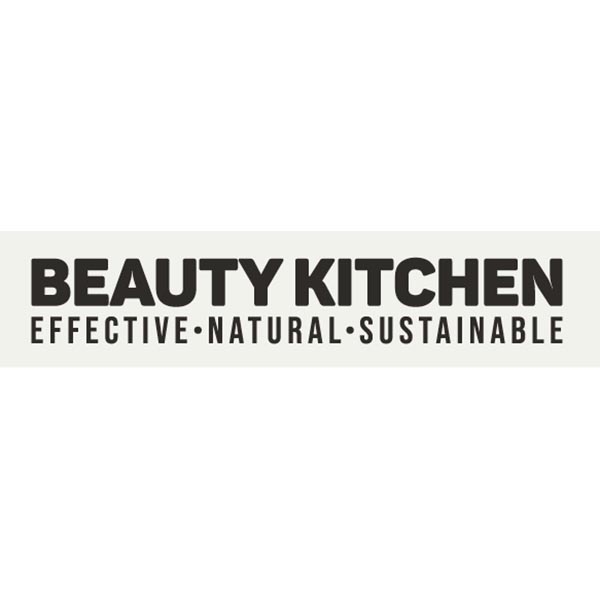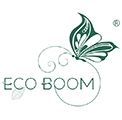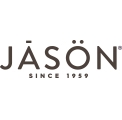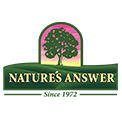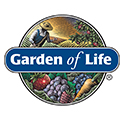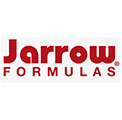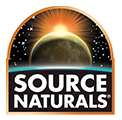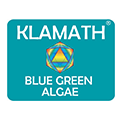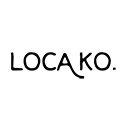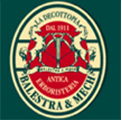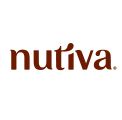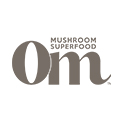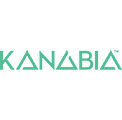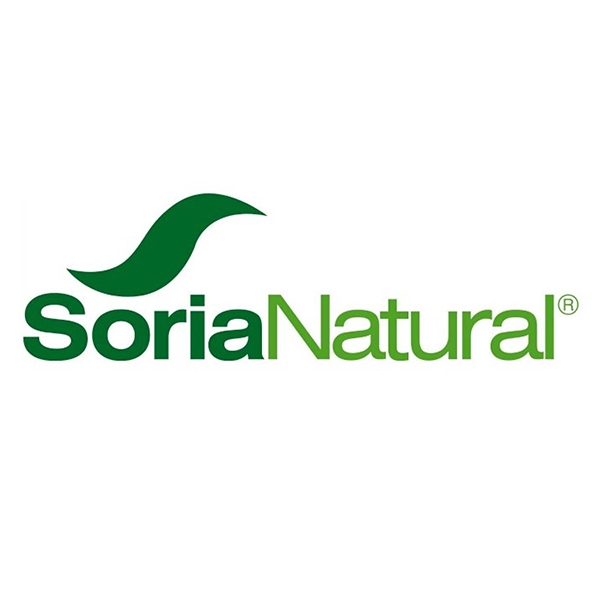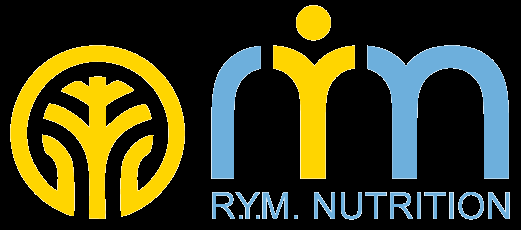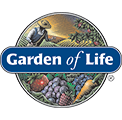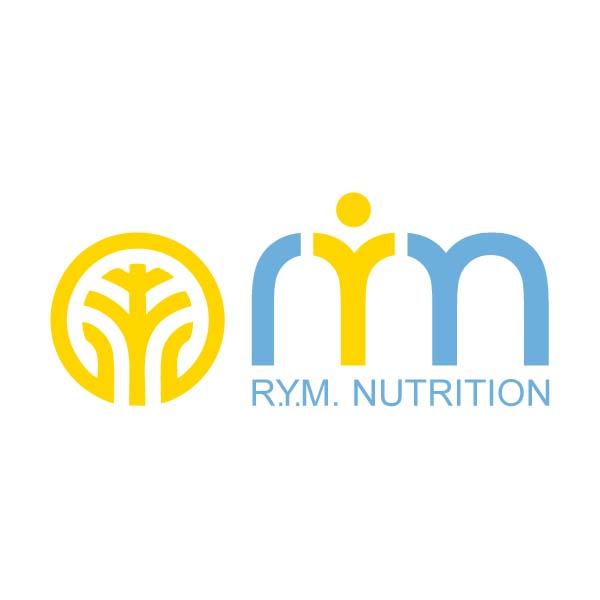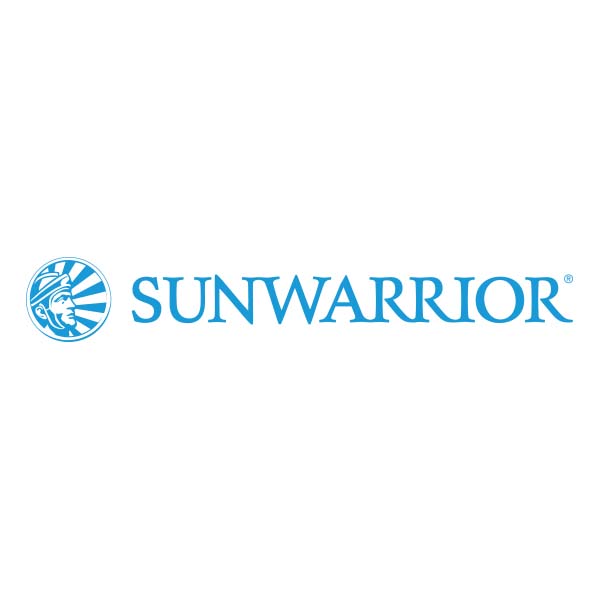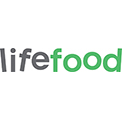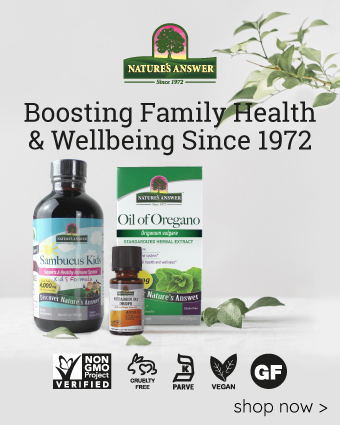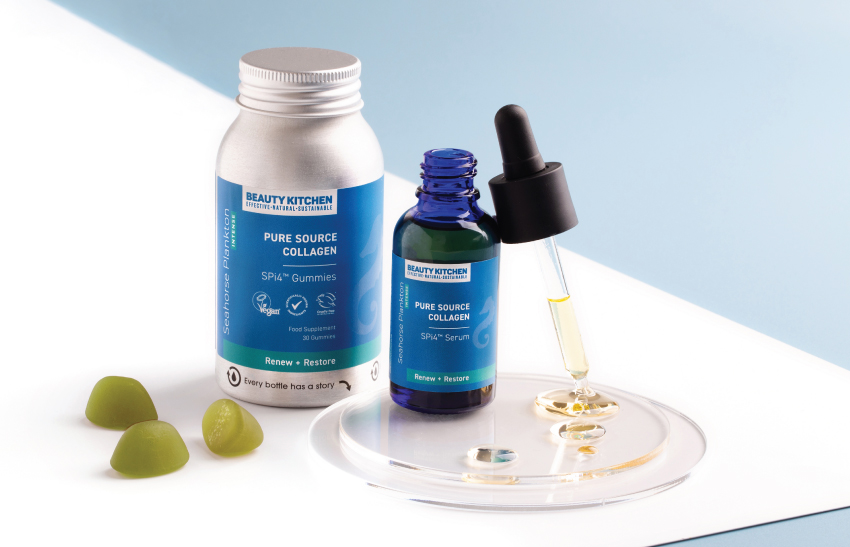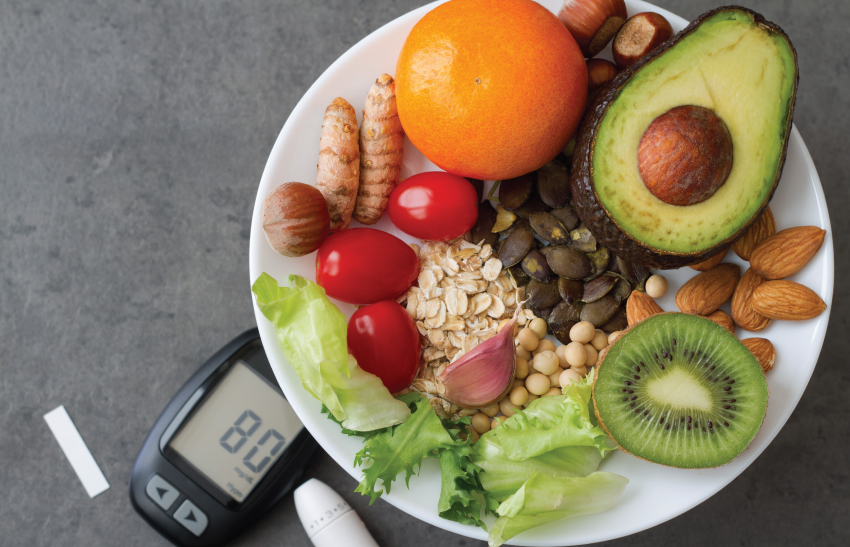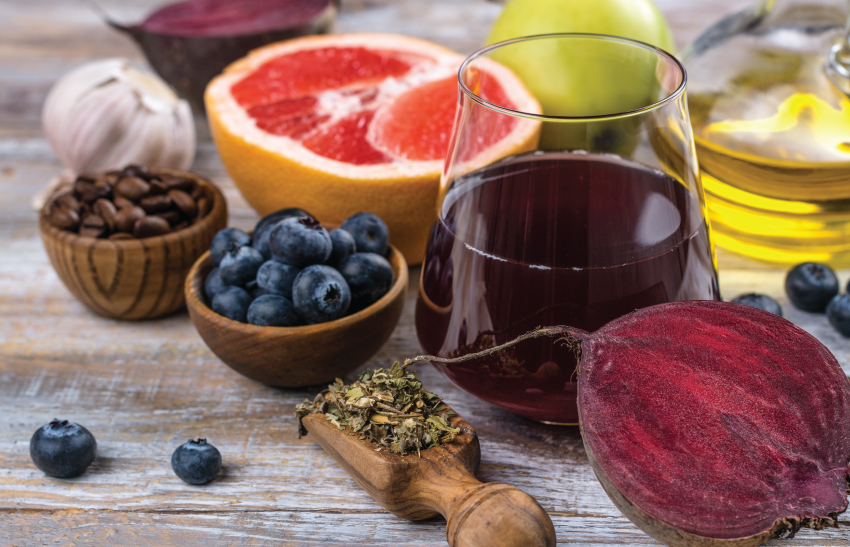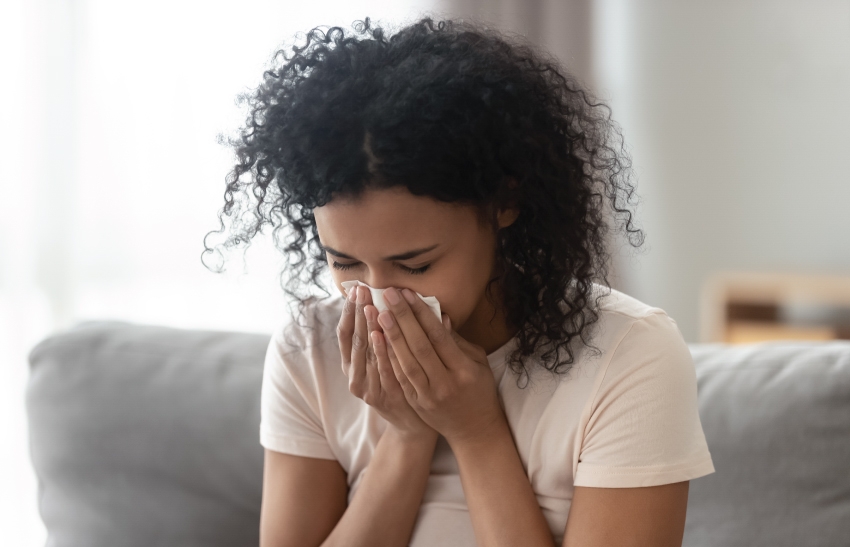
Seasonal allergic rhinitis, aka hay fever, is becoming more widespread as indicated in research by Allergy UK in 2021 that found an astonishing 49% of people reported suffering from hay fever1 - with more than a third having developed symptoms for the first time in the last five years. It is thought that the warmer weather in recent years has led to higher pollen counts and a worsening of symptoms.
Allergies can be triggered by tree pollen, grass or weed pollen, with symptoms beginning as early as February. This pollen calendar shows the general flowering timing of some of the most allergenic plants: Allergy UK pollen calendar
Hay fever can have a considerable negative impact on quality of life, with symptoms such as sneezing, itchy throat, nasal congestion, red itchy eyes, postnasal drip, cough, breathlessness and asthma symptoms, sinus inflammation, fatigue and headaches. It has been found that over 50% of adults with allergic rhinitis have issues sleeping (leading to daytime fatigue and decreased cognitive functioning).1 Those with imbalanced immune systems or high stress levels are at greater risk of developing allergies.
If you or your customers want to address hay fever symptoms, a holistic approach can be very supportive.
From a nutrition perspective what are the key areas to consider when supporting seasonal allergies?
- Immune resilience and balance
Maintaining a balanced immune system is key to help prevent and reduce occurrences. Pack your diet with Vitamin C and antioxidant-rich foods including brightly coloured vegetables and fruit.
Consume adequate protein and check your Vitamin D blood levels (customers who have not supplemented over the winter may risk lowered levels by early spring). A diet containing adequate prebiotic fibre can help nourish a healthy gut microbiome. The microbiome is a key area to consider with around 70% of the body’s immune system situated in the gut. Research suggests that the natural beta-glucans compounds found in reishi mushrooms may support and modulate the immune system2 - its immunomodulating actions may also support an over-responsive immune system such as in the case of seasonal allergies.
Supplements to consider:
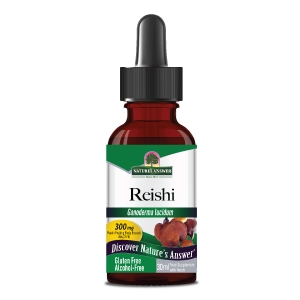 Nature’s Answer Reishi Alcohol-Free Liquid Extract
Nature’s Answer Reishi Alcohol-Free Liquid Extract
Super-concentrated extract of Reishi fruiting body in an alcohol-free liquid format providing superior absorption.
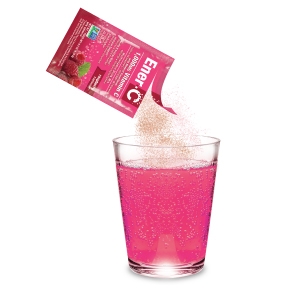 Ener-C Multivitamin Effervescent Drink Mix
Ener-C Multivitamin Effervescent Drink Mix
Supplying 1000mg of Vitamin C alongside other immune supporting nutrients such as Zinc, providing a deliciously effervescent combination of essential vitamins and minerals in convenient sachets.
- Inflammatory pathways
Allergies induce an inflammatory response; hence it is worth considering an antioxidant-rich ‘anti-inflammatory’ diet- with the inclusion of turmeric (or Curcumin) and ginger spices.
Omega-3 fatty acids in the diet (oily fish, flaxseed oil) have been found to support healthy inflammatory pathways with research observing a connection between omega-3 supplementation and reduced inflammation in the body.3
Clinical studies suggest black seed oil (which has been traditionally used for centuries) offers anti-inflammatory properties that contribute to reduced nasal congestion and severity of hay fever symptoms.4
Nutritional supplement to consider:
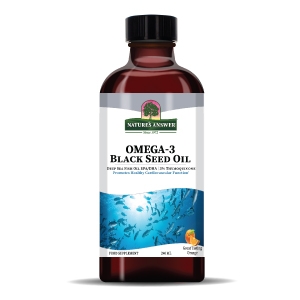 Nature’s Answer Omega-3 Black Seed Oil
Nature’s Answer Omega-3 Black Seed Oil
A unique synergistic combination of sustainably sourced deep sea fish oil and black seed oil clinically proven to be 2.9X more effective than fish oil alone, supplying 500mg of black seed oil per serving, standardised for 15 mg of thymoquinone.
- Managing histamine response:
Histamine is part of the biochemical cascade in an allergy response. Dampening down histamine may help manage symptoms. Nettle leaf contains flavonoids which are thought to naturally exert an inhibitory effect on the release of histamine and inflammatory prostaglandins. Nettle leaf can be taken as a herbal tea or concentrated fluid extract.
Botanical to consider:
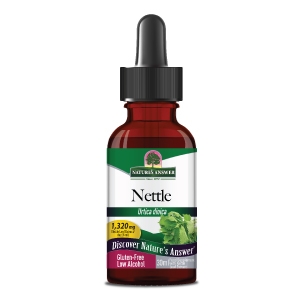 Nature’s Answer Nettle Leaf Liquid Extract
Nature’s Answer Nettle Leaf Liquid Extract
This potent alcohol-free liquid extract offers fast and efficient delivery of this nutrient-rich botanical.
- Protect mucus membranes
Allergic rhinitis involves inflammation of the mucous membranes of the nose, eyes, ear, sinuses, throat and lungs. Within traditional healing practices, mullein leaf is known for its soothing actions on the mucus membranes of the respiratory tract. This herb may be considered as a supportive, soothing demulcent herb in cases of irritable respiratory conditions such as hay fever.
Herbal supplement to consider:
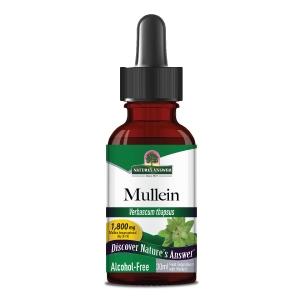 Nature’s Answer Mullein Leaf Alcohol-Free Fluid Extract
Nature’s Answer Mullein Leaf Alcohol-Free Fluid Extract
Unique on the market, Nature's Answer Mullein is pure and concentrated.
- Stress reduction
Reishi mushroom (mentioned above) and chamomile herb are thought to help bring calm and support to those leading stressful lifestyles. Traditional herbalists have also used chamomile flowers to gently soothe symptoms of rhinitis and inflammatory responses related to hay fever.
Herbal supplements to consider:
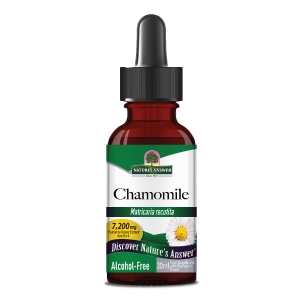 Nature’s Answer Chamomile Alcohol Free Liquid Extract
Nature’s Answer Chamomile Alcohol Free Liquid Extract
Nature's Answer Chamomile is a concentrated alcohol free, liquid extract for rapid absorption.
- Irritated eyes
Eyebright (also known as Euphrasia Officinalis) is best known for its traditional use as a herbal remedy for irritated eyes- a symptom commonly experienced with pollen allergies. It is also thought to have natural anti-catarrhal properties.
Herbs to consider:
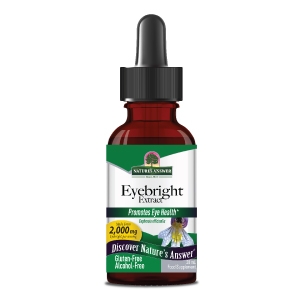 Nature’s Answer alcohol free Eyebright Extract
Nature’s Answer alcohol free Eyebright Extract
A wonderful, alcohol-free fluid extract that can be taken internally for targeted herbal support.
Final tips
What can we do to reduce our exposure to pollens?
- Note that early morning and evening are when pollen counts are at their highest (if it is not raining)
- At night, sleep with your bedroom windows closed
- Wash your face and hair before bedtime (pollen tends to stick to hair)
- Wear sunglasses outdoors (preferably wrap-around sunglasses)
- Enjoy vacations by the coast instead of the countryside to reduce holiday exposure
- Dry your laundry indoors rather than outside to prevent pollen attaching to wet clothes
- Apply Natruline as a barrier on the edge of each nostril to trap pollens. Natruline provides a petroleum free alternative to Vaseline.
https://www.kinetic4health.co.uk/natruline-natural-20g.html
Any claims in this article are not intended to diagnose, prevent, treat or cure any diseases. A food supplement is not a substitute for a healthy balanced diet and lifestyle.
References
- https://www.allergyuk.org/about-allergy/statistics-and-figures/
- Wang, X., & Lin, Z. (2019). Immunomodulating Effect of Ganoderma (Lingzhi) and Possible Mechanism. Advances in experimental medicine and biology, 1182, 1–37. https://doi.org/10.1007/978-981-32-9421-9_1
- Kavyani, Z., et al. (2022). Efficacy of the omega-3 fatty acids supplementation on inflammatory biomarkers: An umbrella meta-analysis. International immunopharmacology, 111, 109104. https://doi.org/10.1016/j.intimp.2022.109104
- Nikakhlagh, S., et al. (2011). Herbal treatment of allergic rhinitis: the use of Nigella sativa. American journal of otolaryngology, 32(5), 402–407. https://doi.org/10.1016/j.amjoto.2010.07.019


